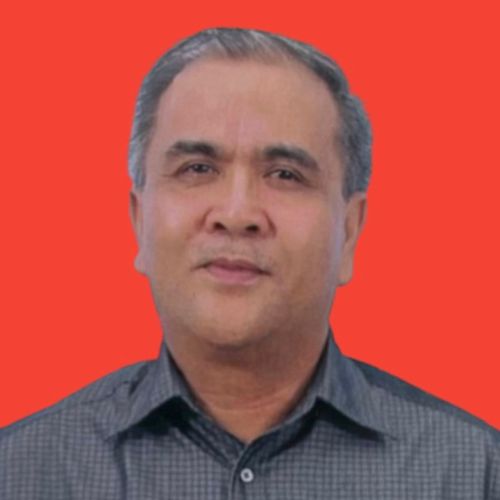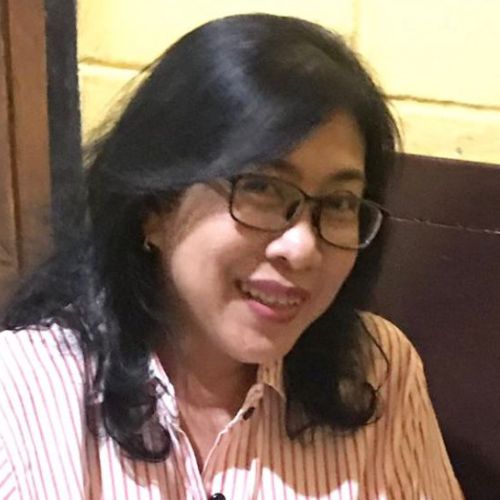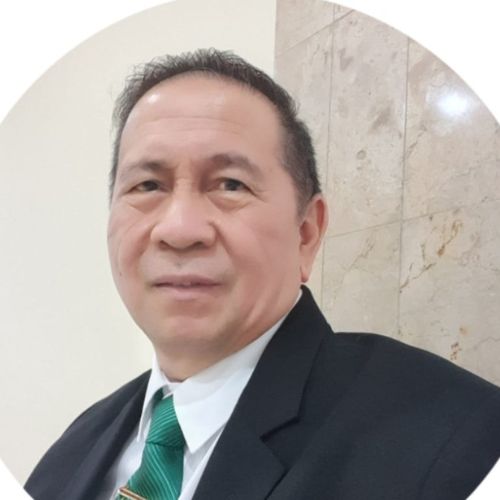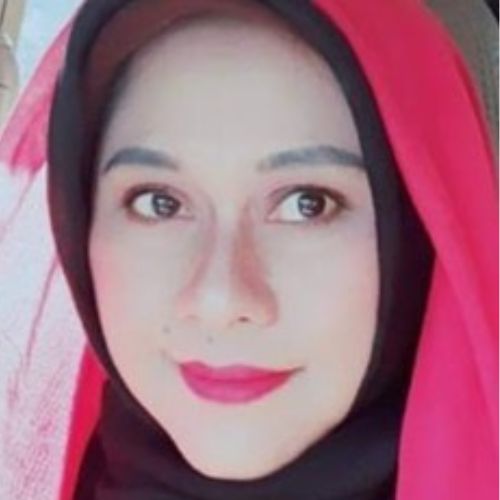Leaving No One Behind: Promoting Health Equity in Rural and Marginalized Area, Lesson Learn from Indonesia.
Speakers

Roy Massie
a Senior researcher at BRIN, a physician, and a public health expert on what works

Rachmalina Soerachman
a Senior researcher at BRIN. A health anthropologist, she has conducted a lot of health research on marginalized groups, including indigenous health.

Felly K Senewe
A Senior researcher at BRIN. A doctor and has done a lot of research in remote outermost areas, especially on infectious diseases.
Moderator

Wahyu Pudji Nugraheni
Head of Public Health And Nutrition Centre, Health Research and Innovation Agency (BRIN)
Event Details
Health equity is a global issue crucial for achieving overall population health for all. It aligns with the United Nations’ Sustainable Development Goals, particularly Goal 3: Good Health and Well-being. Health disparities lead to gaps in health outcomes, increased morbidity, mortality, and reduced quality of life. Rural and marginalized communities face barriers such as remoteness, limited resources, and socioeconomic disadvantages in accessing healthcare.
Achieving health equity in rural and marginalized communities can transform overall development, breaking the cycle of poverty, and contributing to sustainable growth and wellbeing. Health equity is not just a matter of morality, but also a fundamental human right and imperative for achieving “health for all”.
By addressing disparities in healthcare access and outcomes, we can strive for an equitable and inclusive society where everyone has the chance for optimal health. Health equity is equally relevant in Indonesia and the Netherlands. Marginalized groups, including rural areas, low socioeconomic populations, inclusive communities, and ethnic minorities, experience significant health disparities. The multicultural challenges in both countries make this topic intriguing. However, Indonesia, with its numerous islands, diverse cultures, and languages, presents unique and specific challenges.
The aim is to provide a platform for sharing knowledge and experiences to contribute to problem-
solving solutions based on community and cultural approaches. This session will employ an interactive panel method where speakers will discuss lessons learned from Indonesia, addressing issues faced in rural and marginalized areas, and highlighting implemented interventions to tackle these challenges.
Video Recording



